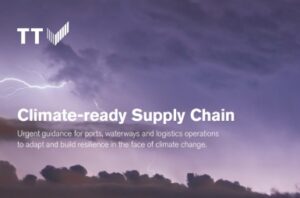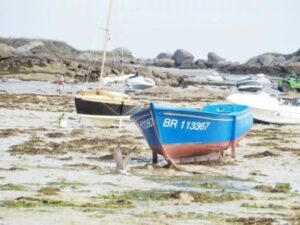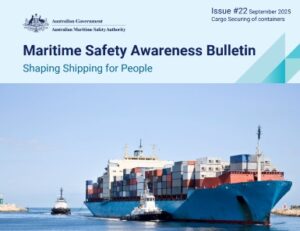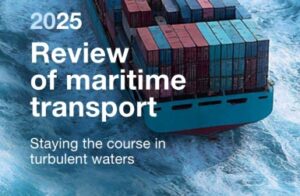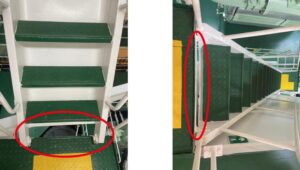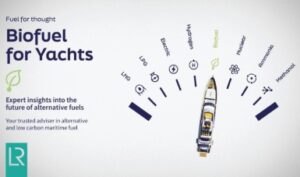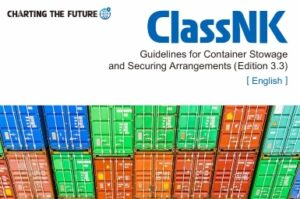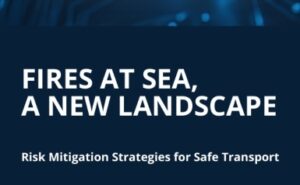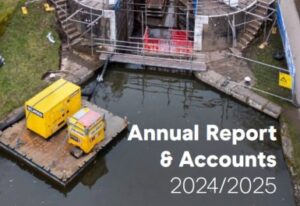
The UK Canal & River Trust has published its ‘Canal & River Trust Annual Report for 2024/25’ which sets out the scale of work undertaken to safeguard the nation’s historic canals and their modern-day contribution to society. The Canal & River trust is the charity that cares for 2,000 miles of waterways across England and Wales.
Over the year, and in the face of the rising cost of materials, additional environmental regulation and more extreme weather events, the Trust Continue reading “Canal & River Trust Annual Report 2024/25 published”

